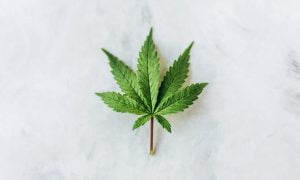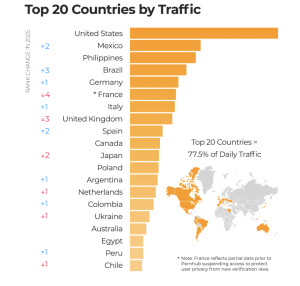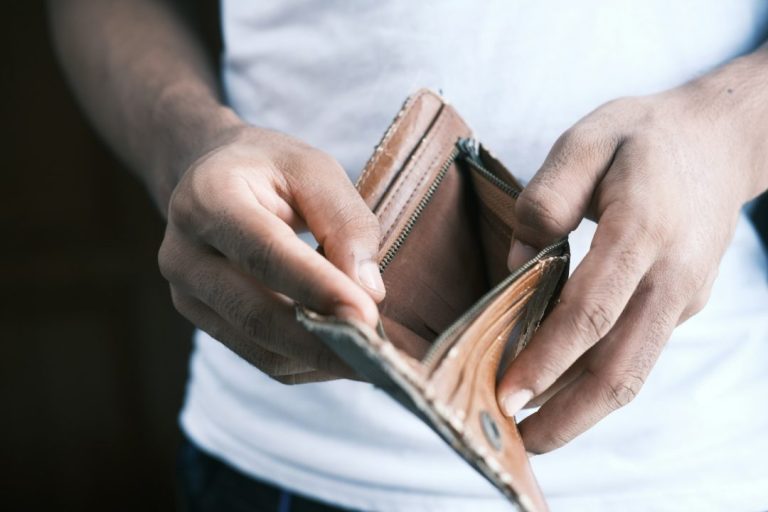Explore can cannabis help with Dr. Oz’s holiday advice, especially when his annual food lectures feel harder to swallow than the cookies.
Holiday celebrations are famously filled with with people indulging in Christmas treats, lavish anticipated feasts, yummy cookies and nostalgic dishes denied the rest of the year. But in a Grinch move, Dr. Oz’s advice and direction to his staff at the Centers for Medicare & Medicaid Services (CMS) is to eat less cookies and use smaller plates for meals. The former TV host has been pushing his direction since before Thanksgiving, yet putting his into practice can be easier said than done. Can cannabis help with Dr. Oz’s holiday advice?
RELATED: How Marijuana Can Heighten Intimacy With Your Partner
While cannabis is often stereotyped as a direct path to the munchies, the relationship between cannabis and appetite is far more nuanced. Different cannabinoids affect the body differently, and in controlled, thoughtful use, cannabis can help some people feel calmer, more focused, and less prone to stress-eating—one of the biggest drivers of holiday overindulgence.

Microdosing—taking very small amounts of THC, often 1–3 mg—has gained popularity for its ability to take the edge off without creating the intense appetite spikes associated with higher doses. For many adults, a light microdose before a holiday gathering can ease social anxiety, reduce end-of-year stress, and help them make more deliberate decisions about what and how much they eat. When people feel calmer, they often default to moderation rather than mindless grazing.
Another benefit is cannabis’s potential to reduce stress building up over the season. Many adults experience heightened workplace tension in December as deadlines stack up, calendars collide, and demanding bosses or unpredictable leaders increase pressure. Especially when you have a leader who can micromanage. This kind of stress commonly leads to “anxiety consumption”—mindless snacking, extra cookies, or overeating as a coping mechanism. Low-dose cannabis or CBD-dominant products may help relax the nervous system and ease tension, which can translate into fewer emotional calories consumed and more intentional choices around food. When people feel less overwhelmed, they’re less likely to reach for sugar as a soothing shortcut.
CBD-dominant products also play a role. CBD does not stimulate appetite the way THC can, and early research suggests it may help regulate stress and promote a sense of balance. Pairing CBD with Dr. Oz’s “smaller plate” strategy can make mindful eating feel less like a chore and more like a grounded choice.
RELATED: Marijuana Use And Guy’s Member
Strain selection also matters. While some THC-heavy indica strains are known for enhancing appetite, many sativa-leaning or hybrid strains are reported by consumers to boost energy and focus rather than hunger. Choosing strains with higher CBD or THCV content may also support appetite control; THCV, in particular, has been studied for its potential to curb hunger signals.
Cannabis is not a diet hack, nor should it replace healthy habits. But for adults who already use it responsibly, integrating thoughtful, low-dose cannabis into the holiday season may help them stay aligned with Dr. Oz’s advice: fewer cookies, smaller plates, and a calmer approach to celebration. With intention—and the right products—cannabis can support a holiday mindset which is joyful, balanced, and far less stressed.


















